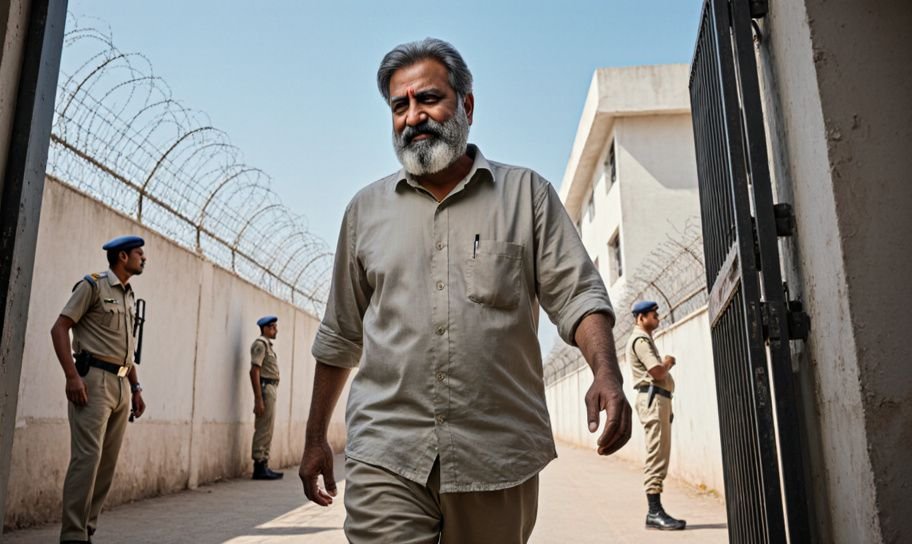
Summary: A recent court decision canceled several detention orders in Maharashtra, criticizing the state's automatic approach to holding people under the Maharashtra Prevention of Dangerous Activities Act, 1981.
In an important decision, the High Court in Bombay, Nagpur Branch, looked at several requests challenging detention orders under the Maharashtra Prevention of Dangerous Activities Act, 1981. The requests argued that these orders violated the right to personal freedom guaranteed under Article 21 of the Indian Constitution.
The case was heard by Judges Anil L. Pansare and Siddheshwar S. Thombre. Discussions took place on September 11, 2025, and the decision was announced on September 30, 2025.
The court noticed that the state government had issued detention orders without much thought. These orders, meant to stop actions harmful to public order, were found to lack specific reasons for each case. The judges pointed out that the orders were the same across different districts, showing a lack of individual assessment.
"The order is given automatically," the court stated, pointing out the lack of detailed evaluation.
Under the Act, the State Government can hold individuals if needed to keep public order. However, the court emphasized that such orders must be based on current or expected situations specific to each area.
The court also looked at the Advisory Board's role, which is supposed to review detention orders independently. The board's opinions were found to be not detailed enough, with the court urging for more thorough evaluations.
The decision highlighted the need for detailed reasoning in detention orders, especially when they limit basic rights. The court referred to past Supreme Court decisions emphasizing the need for transparency and accountability in government decisions.
The court canceled the detention orders, directing the release of Jamir @ Jammu Khan Mehboob Khan unless he was needed in other cases. This decision serves as a reminder of the importance of fair treatment and individual assessments in detention cases.